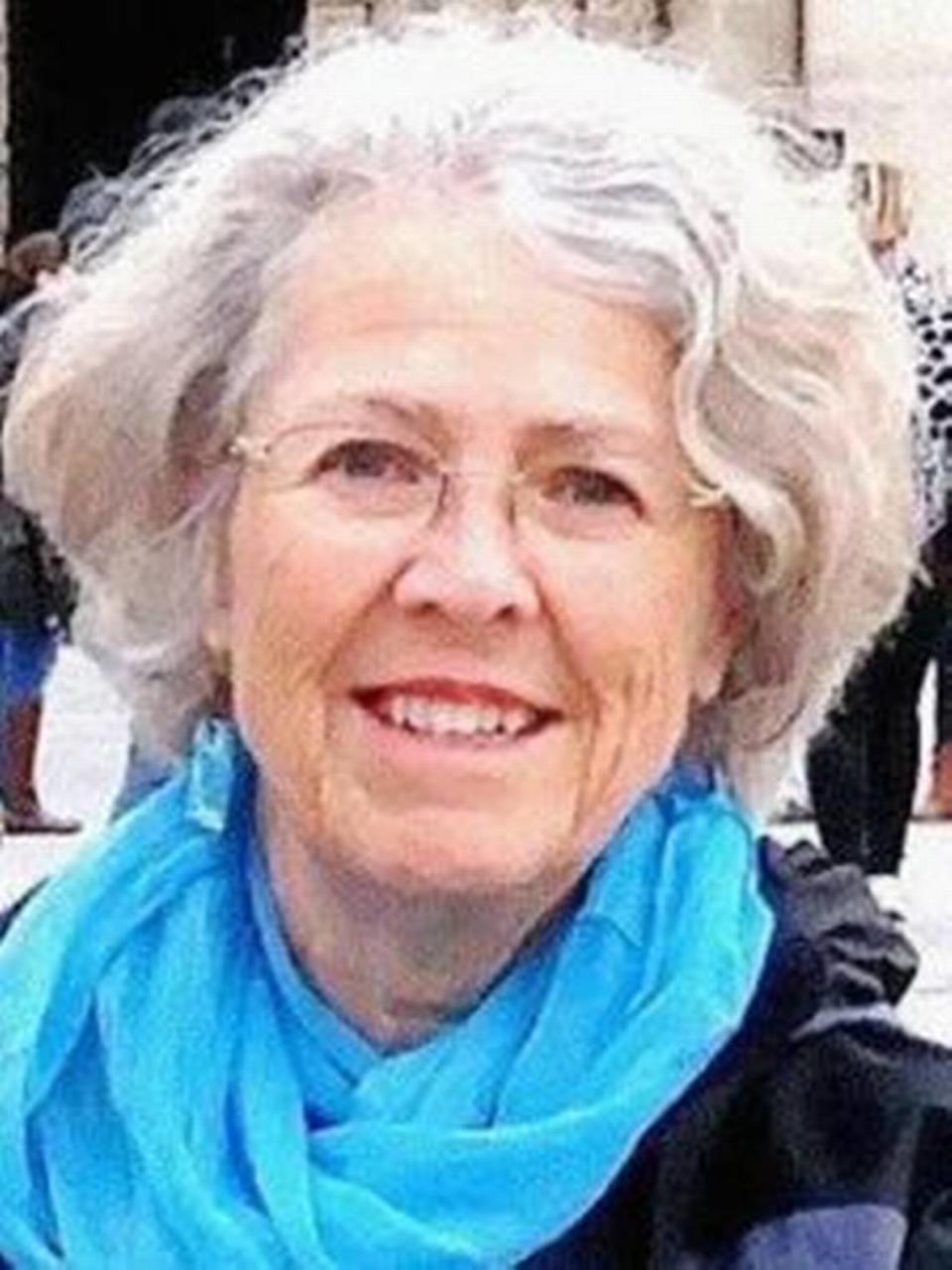Thinking about climate change? Spend more time in nature | Opinion
These past weeks, COP28 — the United Nations Climate Change Conference — worked to resolve many issues surrounding climate change action. After arguing over abating, reducing or even mentioning fossil fuels, nations shared opinions and made commitments. Sadly, such resolutions often are broken or ignored but, just maybe, progress has occurred.
Looking at COP’s previous unattained resolutions and its plans for this coming year, I started reexamining my own 2023 resolutions. My climate goals dominated the list: Give presentations, write opinion pieces, keep up to date on climate-related issues and more. But in the hustle and bustle of life, the most important activity got lost: Connect with nature often.
So my No. 1 resolution for 2024 is to spend more time connecting with nature. More time for gardening, more time for bird watching, more time for enjoying the sound of the ocean and many other outside possibilities.
Valuing nature
Research proves what gardeners know: Being outside, connecting with the earth, raises our spirits. Many of my gardener friends articulate this in some way almost every time I see them. Not only is the natural world an antidepressant, it also leads people to be more content with their lives.
Although not immediately recognizable, such a resolution also affects attitudes toward climate change. The more we interact in natural environments, the more we want to protect them. If we don’t know the environments, we could ignore them.
Being in nature helps us appreciate the biodiversity of life on this planet and, consequently, we work to preserve it. As we watch birds, we learn about their various foods and activities. When birds take mealy worms to their babies, we start thinking about what other foods those birds need. So we provide other protein and fay sources as well as fruit and jelly.
When we begin to know and understand nature, we become more caring for it. I enjoy watching the birds at my feeder and the butterflies flitting around my wildflowers. And I worry about where their next meal is found, in my unsprayed yard … or in my neighbor’s sprayed yard.
Preserve habitats
So my own garden offers me one way to fulfill my new year’s resolution. For all Floridians, Florida’s state and local parks and conservation lands provide more to learn, more to appreciate and more challenges to protect.
Each year I travel to St. Mark’s National Wildlife Refuge in Florida’s Big Bend to watch ducks and other birds enjoying their season in the South. Each year I learn more about them and their migration. When hurricanes hit that part of the Nature Coast, I worry, wondering how that habitat will be affected.
When I lived in the Florida Keys, some commented that my road was just a bunch of green trees, nothing especially appealing. But living there I learned of the various habitats along that road and how each was necessary for the survival of the Key deer. So, I wanted to protect that entire area.
As we engage with nature, we value it more and more. When we value something, we want to keep it. To keep it we must protect it. To protect it, we must address climate change.
Heat, fires, floods, droughts and other human-caused activities can destroy what we love. So for me, my first resolution leads me to support COP28’s pledge to transition away from use of fossil fuels. In studying and enjoying nature, we soon realize that it’s all interconnected.
Susan Nugent is a Climate Reality Project leader from Gainesville. If you are interested in submitting an opinion piece to The Invading Sea, email Editor Nathan Crabbe at ncrabbe@fau.edu.


